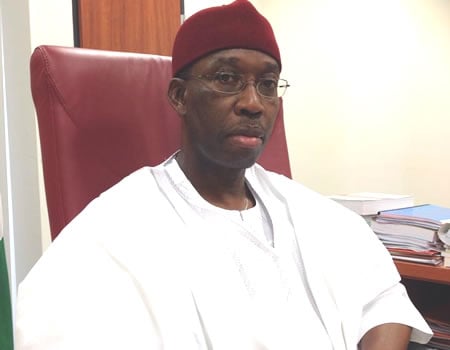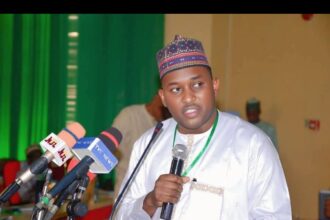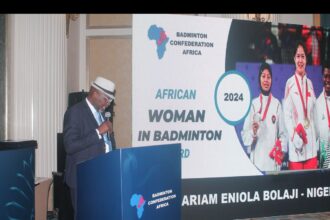
Delta State
THE Governor of Delta State, Dr Ifeanyi Okowa has blamed the high level of unemployment in Nigeria on the over dependence of the country on oil for too long.
Speaking with journalists in Abuja at the unveiling of the International Cathedral of Elohim Christian International Centre at the weekend, Okowa lamented that since the discovery of oil, the country turned away completely from agriculture and industry to depend on a commodity whose crashed in price has crippled its economy.
“As a country, we are not we are supposed to be because over the several years past, we have continued to rely on the oil and that is not good enough, oil is supposed to be a blessing but apparently, the moment we discovered oil and started making gains, we forgot about agriculture and the monies that were made, we have not taught about our tomorrow and that’s where we hurt ourselves.”
Okowa noted that, “oil prices are not things that you can guarantee, I believe that what is happening in Nigeria today is a lesson to us the leaders and all Nigerians that we need to redirect our efforts to agriculture”.
He said ” it is unfortunate that oil price has remained low, all the level of unemployment that we have today is because we taught that the oil boom will continue and unfortunately the price went down”, adding that the oil economy itself does not impact very strongly on the average citizen.
“Though you make money out of oil, it is an economy that does not generate a lot of jobs, so we must realised that what we need to do is to ensure that we create an enabling environment for agriculture to strive and for industry to strive” Okowa stated.
Speaking in regards to the dedication of Elohim Christian International Centre, Okowa charged the church to be vigilante and pray for people in authority. “The 2015 election season will be remembered for being highly divisive acrimonious. Regrettably, the church got entangled in the political process, albeit, largely out of genuine concern for the progress and development of the country.”
“Sadly, though, finding themselves at different sides of the sharp political divide, many well-meaning Christians and church leaders fell for the bait of Satan, almost bringing a crack in the unity of the body of Christ. The political conversation was not always civil; it was characterised by the vitriol that dominated the electioneering campaign,” he noted.
Okowa stated that, “two years after, I am yet to be persuaded that situation has changed. With mounting economic pressure, worsening living standards, political uncertainty and national unity of the country threatening to unravel, many of us in the church are busy pointing fingers, casting aspersions and digging deeper into our positions, even if prejudiced”.
He cautioned that, “this adversarial disposition, motivated by the desire for personal vindication, has somewhat relegated prayer for those in authority to the background”.
Okowa concluded that individual prosperity is tied to the prosperity of the nation, stating that everybody and every organisation in the country has felt the biting of the economic recession in one way or the other.







